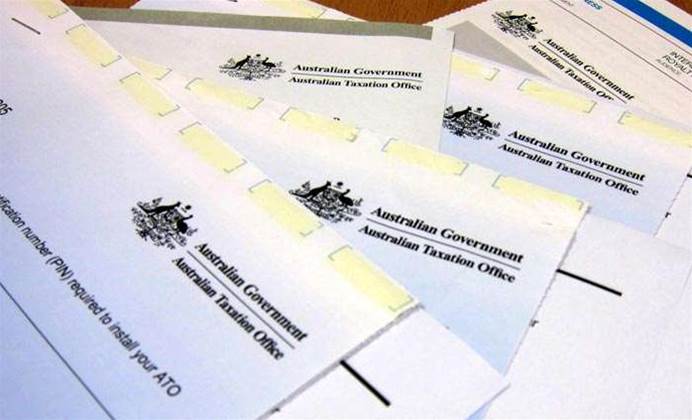Google increased the amount of tax it paid in Australia in 2014, in line with a 20 percent jump in revenue and amidst the Government's ongoing crackdown of complex profit-shifting arrangements.

Google's Australian pre-tax profit grew to $59 million in its last financial year, and its tax bill similarly increased from 15 percent of its profit in 2013 to 20 percent, or $11.7 million, in 2014.
Google is one of a number of technology companies under sustained pressure over international tax arrangements aimed at shifting profits to lower-taxing jurisdictions.
The company's Australian operation exists to provide sales and marketing services to Google Singapore and Google Ireland - for which it receives revenue - and to provide research and development for Google globally.
None of its lucrative search revenues - which have been estimated to bring in around $2 billion a year in Australia alone - are billed in Australia.
Google's search business instead gets billed in Singapore, which has a corporate tax rate of 17 percent, compared to Australia's 30 percent.
In its financial year to December 31 2014, Google took in $439 million in local revenue compared to $358 million in fiscal 2013, according to documents filed with ASIC last night.
The company also received a $4.9 million tax offset from the Australian Government for the research and development work it conducts in the country.
Google paid $7.1 million in tax in 2013.
"We've invested nearly $1 billion in Australia over the last three years, employing a local workforce of 1200 people," a spokesperson said.
"There is always more we can do, but we are deeply committed to providing great products for Australians, and supporting our customers here."
From 1 July 2015, Australia's company tax rate will be reduced to 28.5 percent.
Google has argued that its global average tax rate sits at 19 percent, only slighter behind the 25 percent OECD average.
It recently told an Australian senate committee investigating corporate tax that technology companies - specfically itself, Apple and Microsoft - are being commonly and incorrectly singled out during tax debates due to their digital nature.
Corporate tax is the second highest revenue source for the Australian Government behind income tax.


_(28).jpg&h=140&w=231&c=1&s=0)

.png&h=140&w=231&c=1&s=0)
_(20).jpg&h=140&w=231&c=1&s=0)





 iTnews Executive Retreat - Security Leaders Edition
iTnews Executive Retreat - Security Leaders Edition
 iTnews Cloud Covered Breakfast Summit
iTnews Cloud Covered Breakfast Summit
 Melbourne Cloud & Datacenter Convention 2026
Melbourne Cloud & Datacenter Convention 2026
 The 2026 iAwards
The 2026 iAwards












_(1).jpg&h=140&w=231&c=1&s=0)



